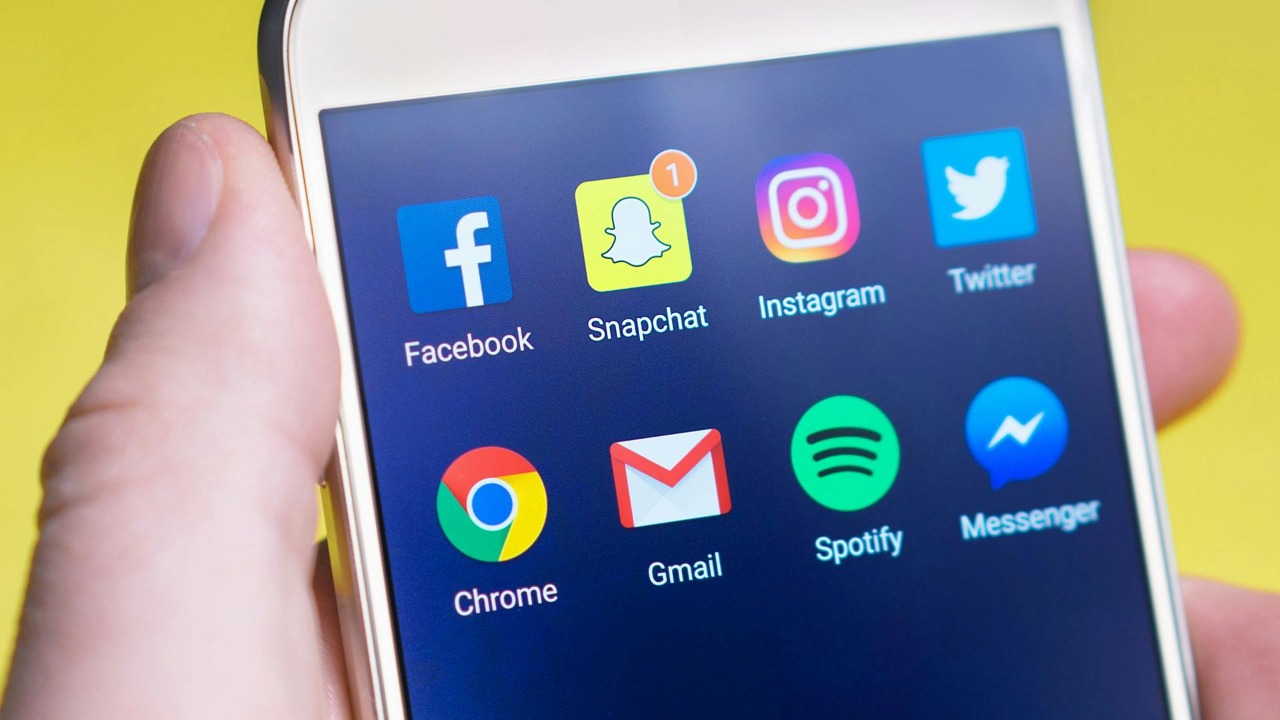
Across the world, nations have varying stances on the use of social media platforms. In some countries, the use of these platforms is heavily restricted, leading to outright bans. Here, we explore five such countries and their reasons for imposing these bans.
China’s Great Firewall: An Overview of Social Media Censorship
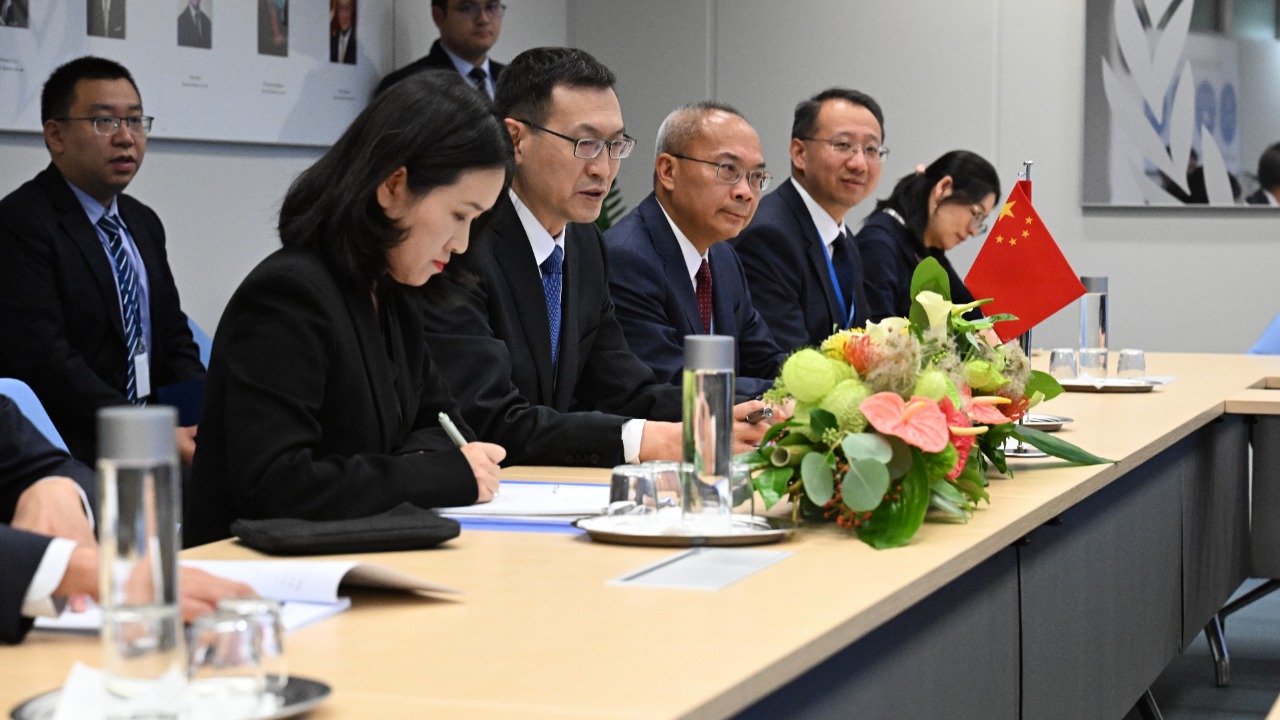
China, known for its stringent censorship laws, has banned several major social media platforms including Facebook, Twitter, and Instagram. The country’s internet censorship project, also referred to as the Great Firewall, is the most extensive and advanced in the world. This move is aimed at controlling online content, maintaining social stability, and safeguarding national security.
Instead, China has developed its own social media platforms such as Weibo and WeChat, which comply with the country’s censorship laws and allow for greater control over online conversations.
Social Media Blockade in North Korea: A Look at the Country’s Isolationist Policies
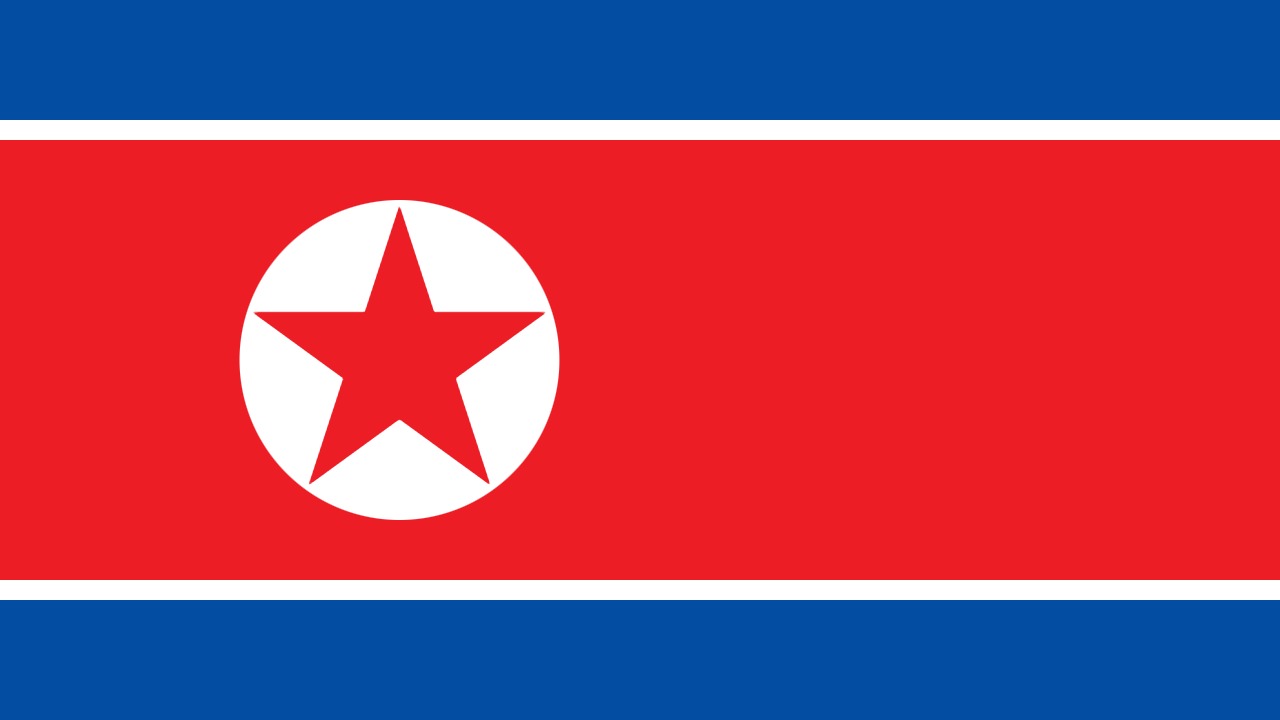
In North Korea, the entire internet is heavily regulated and censored. In fact, most North Koreans have never accessed the global internet. Instead, they use a state-controlled intranet system known as Kwangmyong. Facebook, Twitter, and YouTube are among the many platforms that are blocked.
This extreme form of internet censorship is a part of North Korea’s isolationist policies, aimed at controlling information and preventing dissent.
Iran’s Battle with Social Media: The Banning of Popular Platforms
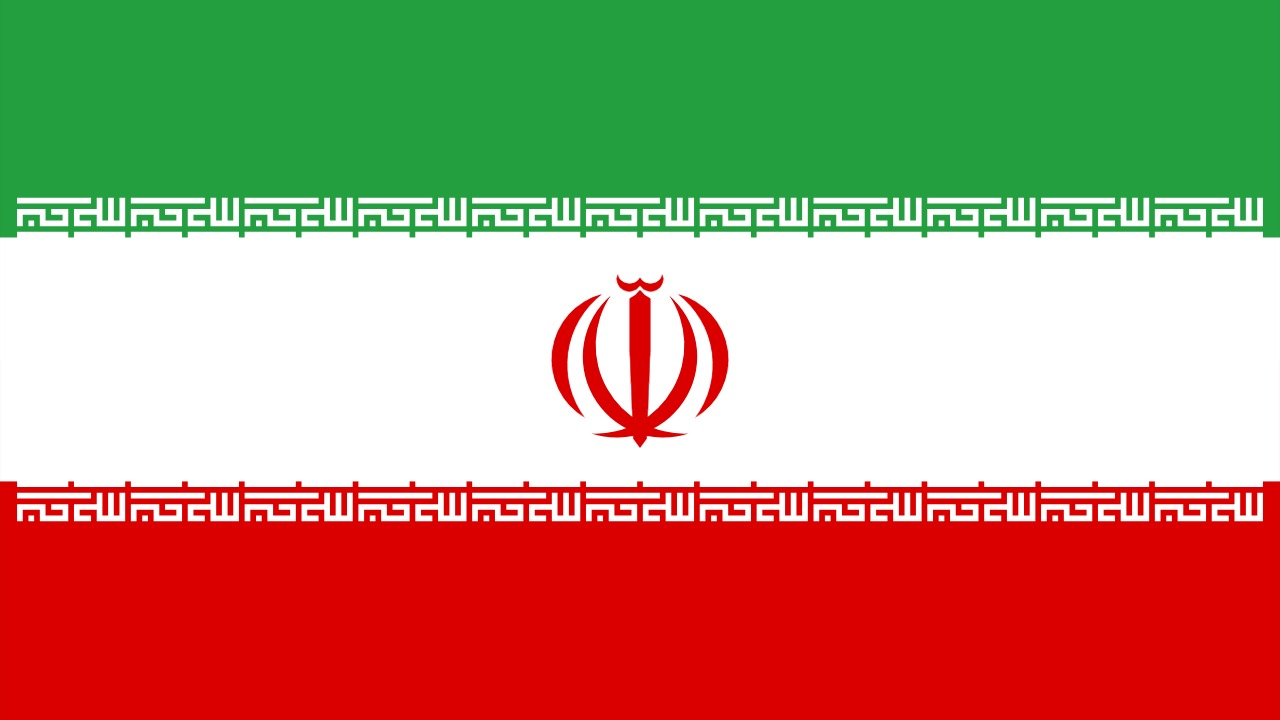
Iran has a complicated relationship with social media. Platforms such as Facebook, Twitter, and YouTube are officially banned. However, these restrictions are not always strictly enforced, and many Iranians access these platforms via VPNs.
The Iranian government has cited various reasons for these bans, including preserving Islamic values and protecting national security. However, critics argue that these bans are more about controlling information and suppressing dissent. You can read more about it here.
Turkey’s Crackdown on Social Media: Examining Recent Bans
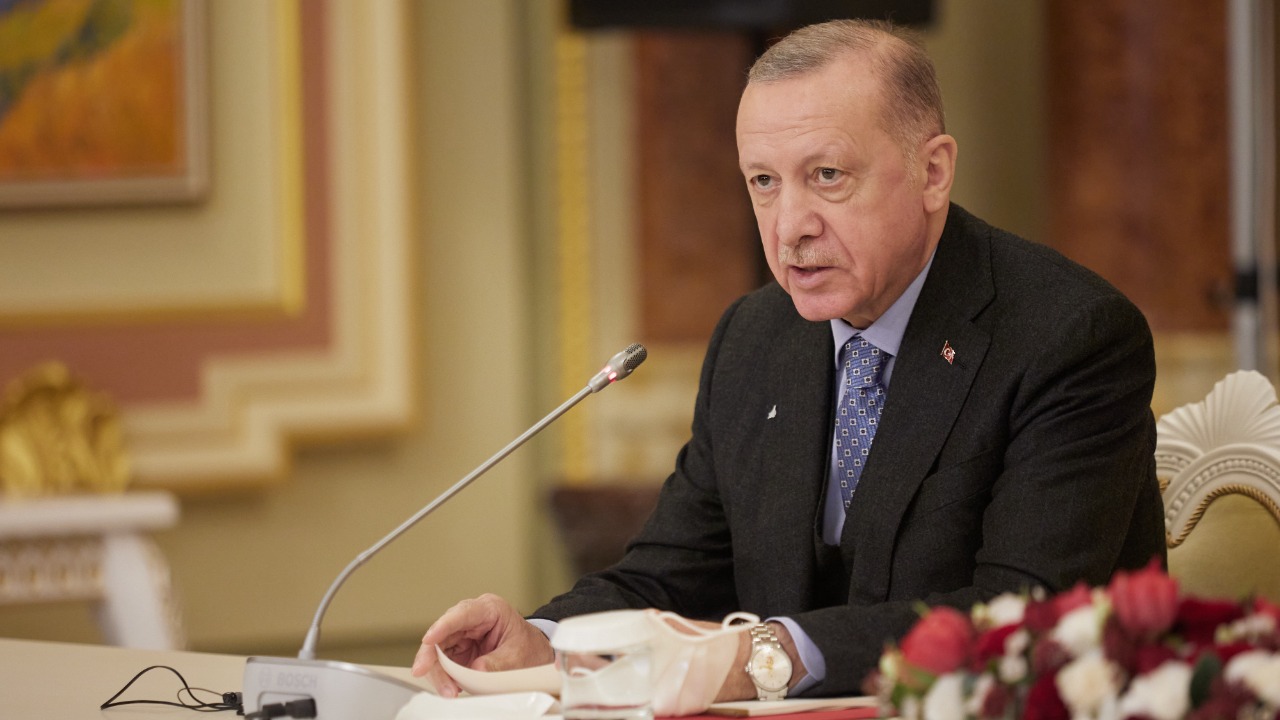
Turkey has been increasingly tightening its control over the internet in recent years. It has blocked access to various social media platforms including Twitter, YouTube, and WhatsApp on multiple occasions. These bans are often temporary and occur in response to specific incidents or controversies.
The Turkish government argues that these measures are necessary to protect national security and public order. However, human rights groups have raised concerns about freedom of expression and the right to information. More about Turkey’s social media restrictions can be found here.
Social Media Restrictions in Russia: An Understanding of Their Regulatory Measures
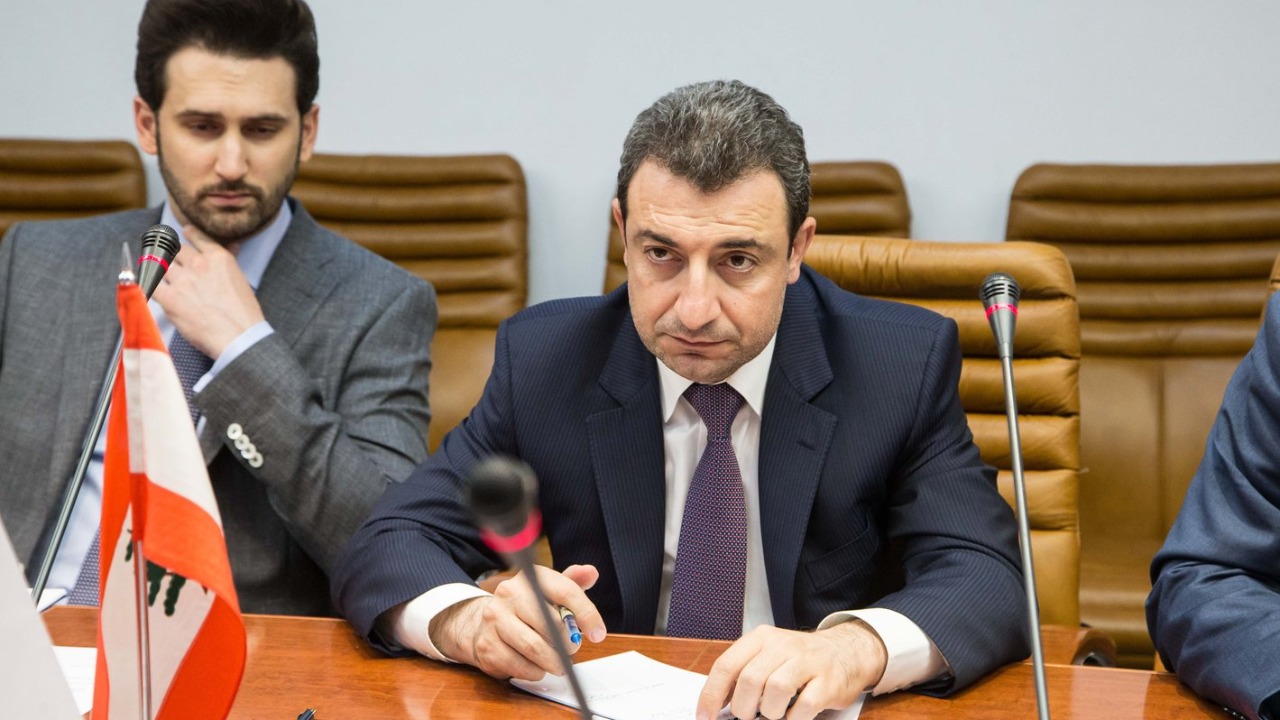
Russia has also imposed restrictions on various social media platforms. The government has passed laws requiring online services to store Russian user data within the country and to remove content that the government deems illegal. LinkedIn was the first major social platform to be blocked under these laws in 2016.
These restrictions are part of Russia’s broader efforts to tighten control over the internet and to reduce the influence of foreign technology companies.